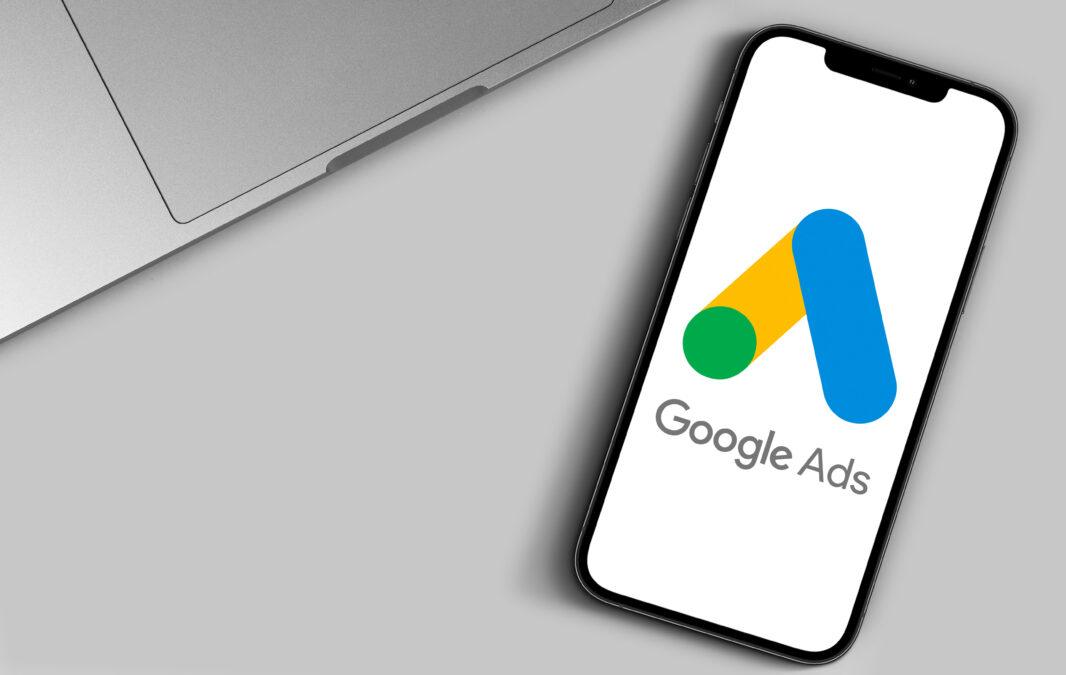There is not a great deal of obvious synergy between marketing and IT, observes Jed Wylie, managing director at Morgan Wylie, a leading company in e-marketing and web design. But one thing now binds senior IT and marketing: the business success that rests on the execution of online retail.
At the apex of that relationship is e-marketing, says Wylie. “E-marketing has the potential to double or treble your online profits. And one of the really exciting things about it is that 99% of businesses do not do it,” presenting the opportunity for the 1% to leapfrog their competitors. “E-marketing is not being taught; it is not being appreciated within companies.”
He deconstructed what happens on a typical web site: traffic comes in, leads are generated and sales follow. For example, a site that gets 2,000 people hitting it might generate 20 leads and, if your proposition is compelling, 10 sales. So about 1% is converted into leads.
As a starting point, business owners want to increase traffic, and they view search engine optimisation (SEO) as the key to that. “They want to be on the first page of any [relevant] Google search.”
And that is a natural desire: Google has more than 75% of search engine share in the
“There are a lot of myths talked about SEOs – that it is incredibly complicated, that you have to understand semantic indexing, meta-tags, anchor text and more. Rubbish!” he exclaims. “There are only two fundamental things you need to do well: get lots of links from high-quality web sites (use the Google toolbar to look at the page rank of any particular web site and, if at all possible, get links from them),”
Wylie suggests. The other approach is to ensure that the site has lots of internal links across it, because “Google ranks internal links and external links pretty much the same,” he adds. “That will move you up the rankings.”
There is another problem with SEO. “It is about the order in which you do things.” How can retailers know which keywords will lead users to their sites and end in a sale. For one thing, the term that the user types into Google indicates where they are in the buying process. Research has found that, for example, “If you type in ‘gerbil’ you are less likely to buy than ‘gerbils’ or ‘gerbil pet care’.”
The trouble is that, at the point they are deciding on which keywords they should optimise their web site on, users won’t actually know which ones lead to a sale. Moreover, a typical SEO exercise might last six months or more, during which time the choice of targeted keywords might have changed.
The solution is to link keywords to ads, so that an ad is displayed close to the search result. “A lot of companies end up dabbling in Google Adwords: there are a series of criteria that Google will look at when determining the position of your ad on the page – it is not just based on how much you pay, but on the relevance of the keyword to the advert. So make sure the keyword is in the ad’s headline and in the body copy of the ad itself, and ensure the landing page is also highly relevant.
Working with anti-virus software and services vendor Sophos, Morgan Wylie found that the success rate of converting a search into a sale was much higher with ‘Sophos antivirus’ than ‘Sophos anti-virus’ and the search term ‘Sophus’ delivered as many conversions as the correct spelling of the company name. So Sophos optimised its web site for Sophus as well as Sophos.”
Given the conversion cost was £12 for every £80 sale, that was well worth knowing.






